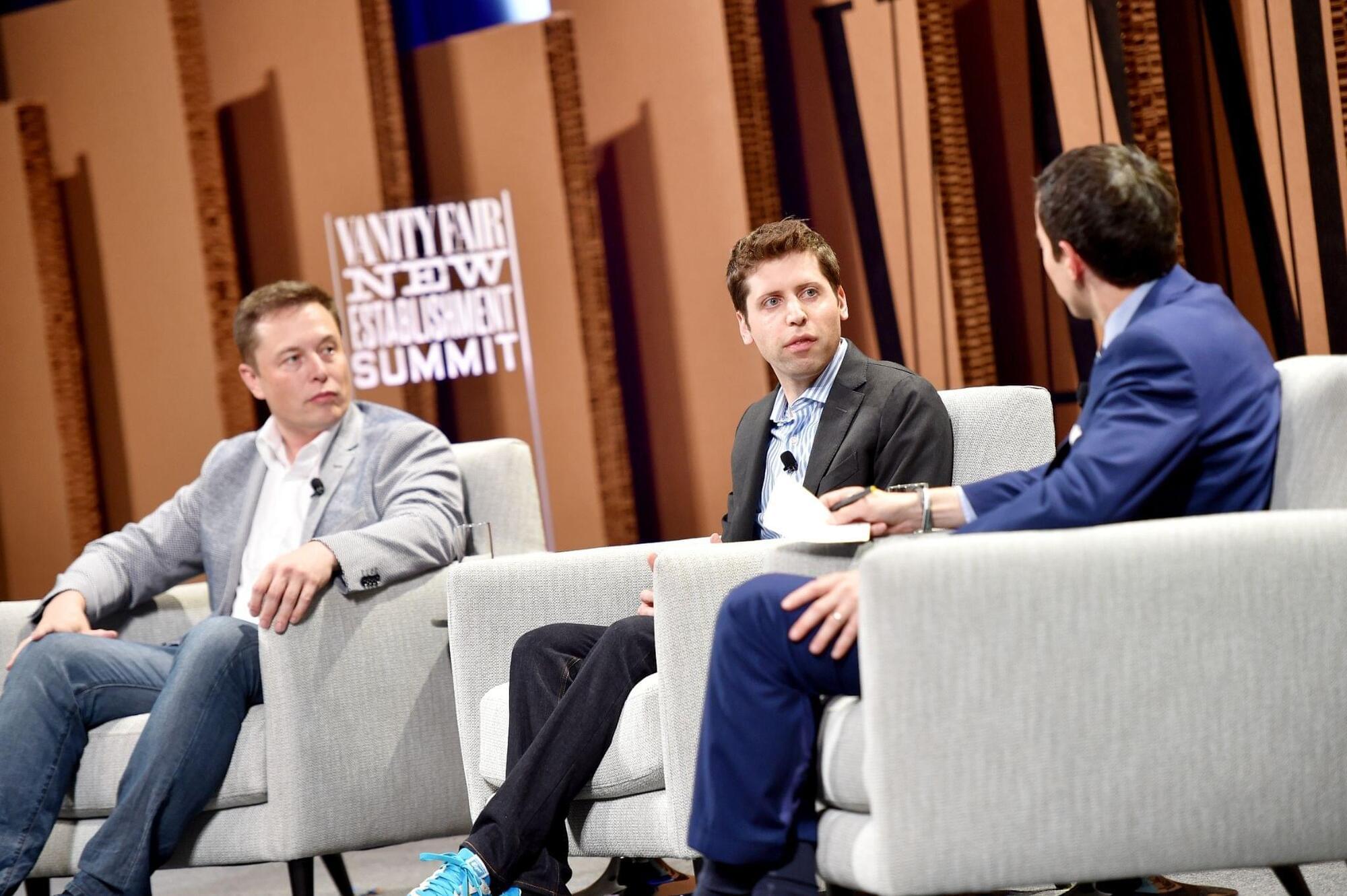Will humans one day merge with artificial intelligence? Futurist Ray Kurzweil predicts a coming “singularity” where humans upload their minds into digital systems, expanding intelligence and potentially achieving immortality. But critics argue that consciousness, creativity, love, and spiritual awareness cannot be reduced to algorithms. This discussion explores brain-computer interfaces, quantum mechanics and the mind, the Ship of Theseus identity paradox, and whether a digital copy of your brain would actually be you. Is AI-driven immortality possible—or does it misunderstand what it means to be human?
Every year the Center sponsors COSM an exclusive national summit on the converging technologies remaking the world as we know it. Visit COSM.TECH (https://cosm.tech/) for information on COSM 2025, November 19–21 at the beautiful Hilton Scottsdale Resort and Spas in Scottsdale, AZ. For more information. Registration will launch mid-July.
The mission of the Walter Bradley Center for Natural and Artificial Intelligence at Discovery Institute is to explore the benefits as well as the challenges raised by artificial intelligence (AI) in light of the enduring truth of human exceptionalism. People know at a fundamental level that they are not machines. But faulty thinking can cause people to assent to views that in their heart of hearts they know to be untrue. The Bradley Center seeks to help individuals—and our society at large—to realize that we are not machines while at the same time helping to put machines (especially computers and AI) in proper perspective.
Be sure to subscribe to the Center for Natural and Artificial Intelligence.
on Youtube: / @discoverycnai.
Follow Walter Bradley Center for Natural and Artificial Intelligence on.
X: / cnaintelligence, @cnaintelligence.
Facebook: / bradleycenterdi.
Visit other Youtube channels connected to the Discovery Institute:

